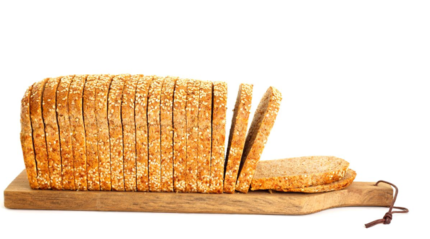Alternative protein ingredients came to claim their space. From sources already known, up to before unimaginable, we will share our vision of this changing market.
Proteins are between the most demanded ingredients by consumers for years now, showing consistent growth. The high demand is related to higher awareness about health and longevity. For this reason, protein-enriched products are attracting the consumers interest.
NEW PROTEIN SOURCES X VIABILITY
Common sources, such as soy, milk and meat, are losing space to allergen-free, plant-based proteins. Among these, the most applied alternatives are rice and pea, which have shown more viability on industrial application and have been considered beneficial by the consumers. There is growing potential for developing products containing these plant-based proteins, especially in beverages.
Other protein sources are emerging, conquering a growing market that wants to compete with animal proteins. Some of them will succeed, while many will not have industrial viability and restrict themselves to niche markets. Even if the production of plant-based proteins is increasing around the world, new sources like hemp, canola, mushroom and chickpea will have limited commercial reach and nutritional validation.
AND THE OSCAR GOES TO…
There are other rather curious sources, maybe even too eccentric for the Brazilian market. Insect proteins got a lot of attention in Europe and USA. Protein bars with cricket flour are already on the market. Belgium and Netherlands already have established markets for these products, mostly through online sales. But the Oscar for alternative protein eccentricity goes to… Honey bee larvae protein. According to a study published on the Journal of Apicultural Research, its nutritional value is comparable with meat protein. Being a delicacy with small-scale production, there is no preview of being sold as an ingredient, nor included in industrialized food products.
The development of these proteins as food ingredients is challenging due to high prices, small volumes and limited demand. Regulatory approval also has to be considered, since there aren’t evidences of a short-term resolution. In the UK, insects can only be commercialized when sold as a whole, while in France there are opposing opinions of the local authorities. Challenges like food safety and cultural barriers have to be overcome. There is a long path ahead.
WATCH OUT FOR…
The market of alternative proteins cannot be underestimated. Many alternative approaches in food consumption are gradually becoming mainstream, and we have no doubt that the same movement will happen to proteins. With great emphasis on plant-based sources with bigger availability and proven nutritional benefits, the alternative protein market will surely grow in Brazil. However, uncommon alternatives are still far from being a reality to the Brazilian industry and culture.




